Talks to secure a final compromise CAP package are set to kick off in earnest in Brussels in the coming weeks, with key decisions affecting all EU farm payments still up in the air.
It is hoped that trilogue negotiations between the European council of agricultural ministers and MEPs from the European Parliament can be concluded before the end of the year, overseen by the European Commission.
Both sides have agreed their own positions on the Commission’s original proposal.
Three key areas of difference relating to direct payments are capping, convergence and eco schemes.
Here’s the state of play and what it could mean for Irish farmers:
Convergence
Convergence was first introduced in 2015. Since then, those with higher-value entitlements have seen these reduced, while those with entitlements valued less than 90% of the national average have seen an increase.
All entitlements reached 60% of the national average as of the end of 2019.
The European Commission proposed that convergence will continue in the next CAP, with all entitlements reaching at least 75% of the national average by 2026. The Council agreed with this position.
It would see the average Irish entitlement increase to a minimum of €139 from €111, based on the current average of €185 excluding greening.
The European Parliament has proposed a more radical position, with all entitlements reaching the 75% mark by 2024 followed by full flattening by 2026.
Final agreement on the level will depend on the outcome of the trilogue process.
Eco schemes
Eco schemes are agri-environmental schemes that will be funded from the direct payment budget. Farmers will have the option to opt in or out on an annual basis, but those who choose not to take part will lose a portion of their direct payment.
Originally, the Commission had intended to leave the decision on the budget for these schemes up to individual member states. However, following the publication of the Farm to Fork strategy, it pushed to ring-fence a common percentage across the EU.
The Council has decided on a figure of 20%, while the Parliament voted for 30%.
For Ireland, it would see between €237m and €355m of the direct payment budget of €1.2bn set aside for these schemes.
Taking the national average entitlement value of €265 including greening, between €53 and €79.50 would be tied to eco schemes.
Capping
Capping, or limiting, direct payments was also introduced last time around. All payments over €150,000 were reduced by 5%, the maximum allowed.
The Commission proposed further limits for the next CAP, with all payments to be limited to €100,000 and gradual reduction introduced for those over €60,000.
However, there were provisions for labour costs to be deducted from the payment before it was reduced.
The Council has opted to make this voluntary for member states. If they wish, countries can cap payments at €100,000 and reduce those above €60,000 in incremental steps. The Parliament has settled on a similar position.
Capping payments won’t release a huge amount of funds in Ireland. Just 716 farmers receive more than €60,000, with 113 of those receiving more than €100,000.
Using the Commission’s model, 0.57% of direct payment recipients would have their payments reduced by a total of €8.2m.




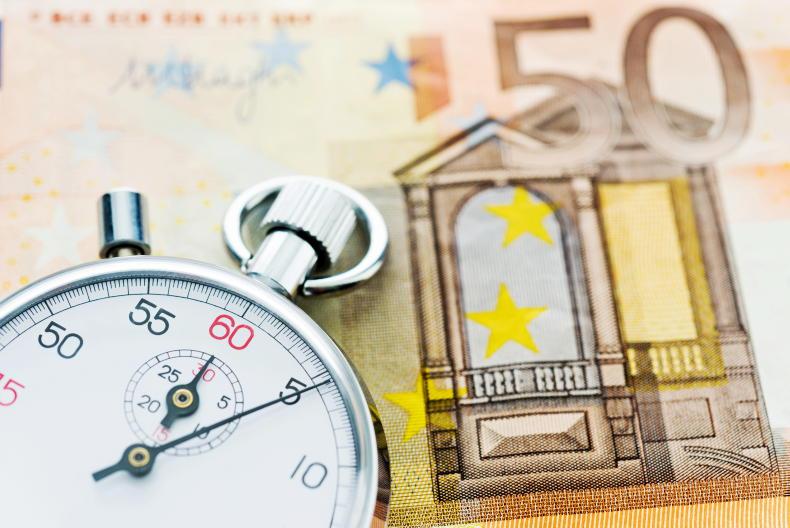
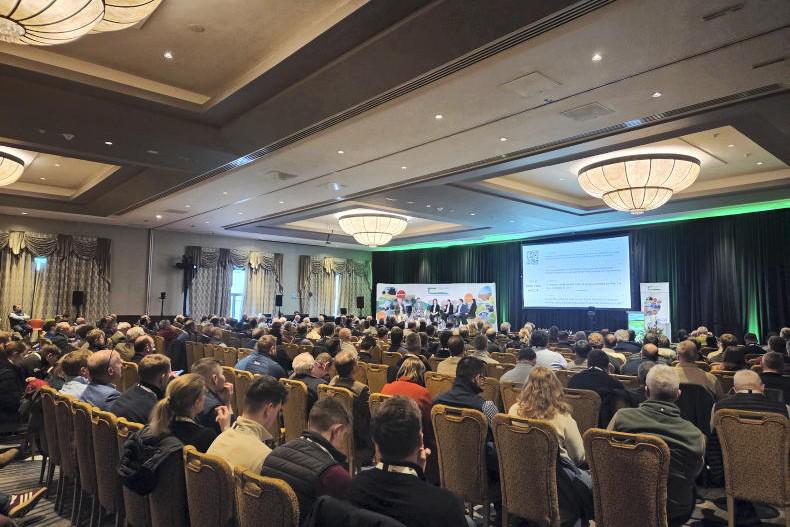

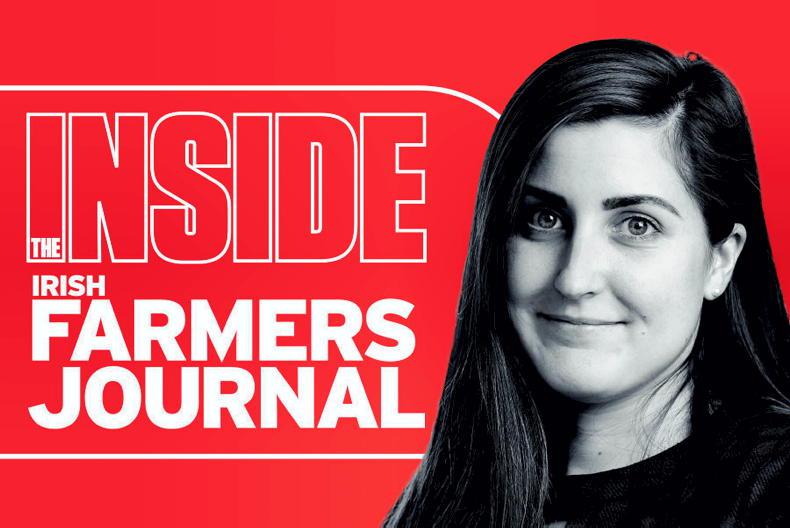
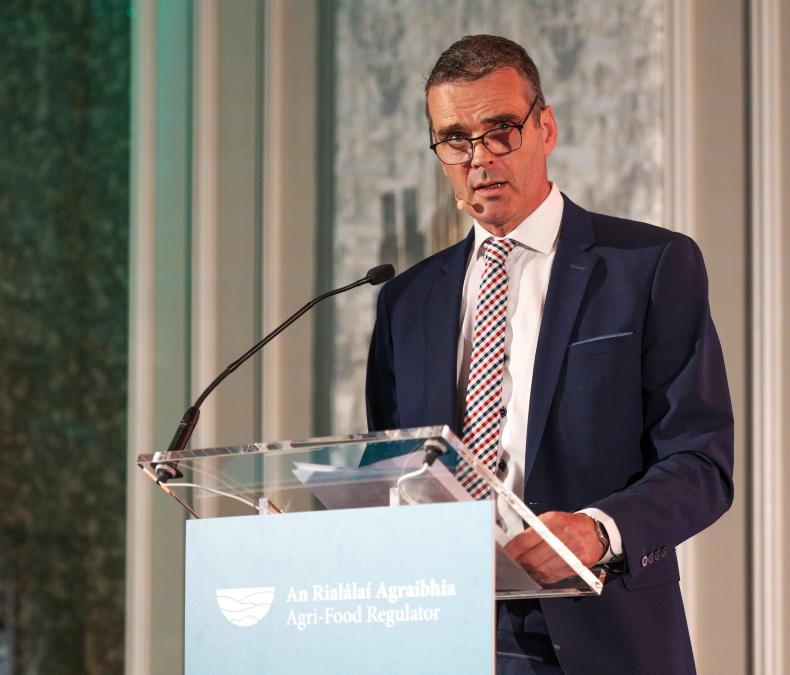
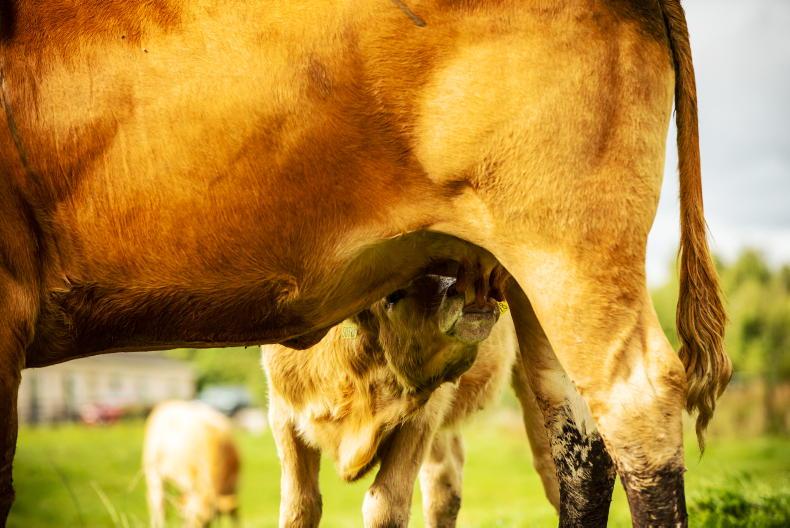
SHARING OPTIONS